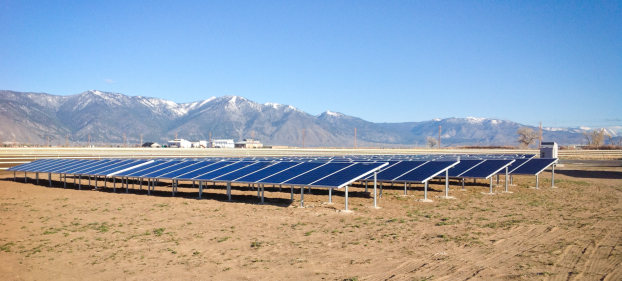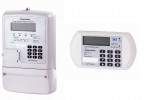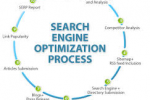As non-profit organizations are more likely to be a charity or service oriented, public donations are vital to their continued existence. More and more non-profit groups today are electing to establish themselves as environmental frontrunners in their communities by choosing solar power. Besides sending a great message to potential contributors who often make their decision to donate upon the environmental concern demonstrated by an organization, there are also the obvious environmental benefits, as well as financial incentives to go green.

Government Financial Incentives
There are several rebates and tax credits available specifically for nonprofits who decide to use solar power. Existing government incentives can be used to pay for a considerable percentage of the total cost of a solar power system. These programs include federal tax credits, solar tax credits and municipal incentives.
Return on investment (ROI)
A nonprofit that chooses to investment in solar power can expect to see a generous continuation of savings. By using a solar power system your organization will be able to avoid the cost of any future utility bills. This will in turn result in an excellent ROI. Usually the majority of non-profits see a ROI of 10-18 percent after tax when they make a solar investment. Depending upon the amount of energy the nonprofit consumes, the cost associated with the installation of a solar fitting will typically be recuperated within four to seven years. The existing government incentives when joined with the latest decreases in the cost of solar equipment will make a nonprofit’s choice to investment in solar power an excellent financial decision.
Effect on Operating Costs
A nonprofit that has a solar power system installed will not only have a lower electricity charge, this cost may be eliminated altogether. Depending upon the current water heating energy usage, a solar water heating system will greatly lessen the organization’s gas or electricity bills. An organization can expect to see a drastic savings on the first bill. This saving will continue over the life of the system especially as energy rates remain on the rise.
A Shield against Rising Expenses
Energy rates have been rising for some time now, with a noticeable spike especially over the last several years. Thankfully solar power is without cost and readily accessible. As a nonprofit, you must budget wisely. With the decision to go green and install a solar-powered system, your budget will be more accurate and on target. Nonprofits who utilize solar power do not worry about the potential for energy rates to outrageously fluctuate. The solar power your nonprofit uses are not subject to these variations and can therefore provide a stable budget which is essential to a nonprofit organization.
A solar tax credits non profits Massachusetts is but one benefit of going green. Protection from rising costs and a generous ROI are two more excellent reasons for solar energy. Finally, when a nonprofit organization publicizes its choice to turn to solar power, it also receives positive profile-raising.























